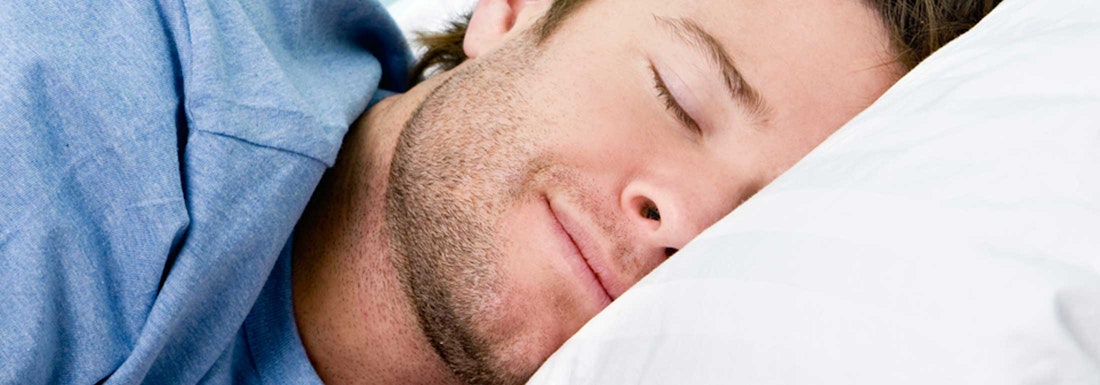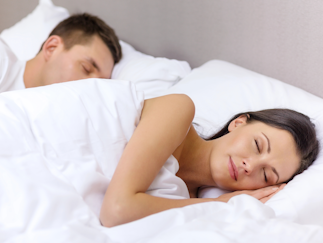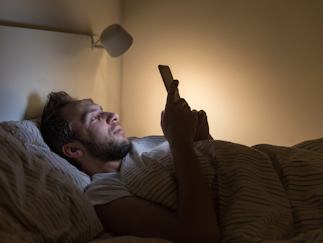13 Oct 2025

Good Night’s Sleep: Sleep Preparation
01 Feb 2022
Getting a good night’s sleep can significantly improve our productivity and how we feel the following day. Whilst a good night of sleep might sound like a luxury, it is imperative that we get the best sleep that we possibly can. Introducing a couple of new lifestyle habits can hugely benefit your sleep routine. Follow these simple steps and you’ll soon feel the benefits.
Sleep Schedule
If you’re intent on preparing yourself for a good night of sleep, try to go to sleep and wake up at the same time every day, including weekends. Keeping a regular sleep schedule helps to synchronise your internal body clock. By ensuring that your natural body clock recognises that it is time to go to sleep or wake up, you should soon start to feel tired at a regular hour and wake up without an alarm.
Avoid Caffeine Late in the Day
As the office clock edges closer to 5 p.m., it can be tempting to grab a late afternoon coffee to thrust you through the afternoon work barrier. Unfortunately, it can take up to six hours for caffeine to wear off, making that late-afternoon coffee a bad idea if you’re intent on getting an early night.
Dim the Lights at Home 3 Hours Before Bedtime
In order to prepare for an early night, you should start to dim the lights about an hour before bedtime. Dimming the lights can help to start the body’s natural production of melatonin, a hormone that helps you to fall asleep.
Avoid Big Meals Late in the Evening
Eating a large meal late in the evening can lead to a disrupted sleep. Our bodies do not process food properly whilst laying down – the body is designed to digest while standing or sitting. Fatty foods can take a lot of work to digest, therefore, we recommend that you try to avoid fatty foods. You should allow yourself 3 hours between eating a meal and going to sleep.
Take a Warm Bath
A warm and soapy bath can help to relax any tension in the body. It’s an age-old trick, however, a warm bath in the evening can help you to feel relaxed, therefore ensuring you’re in the right frame of mind to sleep. It is important to make sure that the bath isn’t too hot, you don’t want to overheat your body before getting into bed. Leave an hour between getting out of the bath and getting into bed, this will allow time for your body temperature to cool.
Avoid Screens 1 Hour Before Bedtime
Using screens close to bedtime can delay the release of melatonin, the sleep-inducing hormone. The “glow” of the screen passes through the retina into a part of the hypothalamus which can stimulate your mind so that it becomes difficult to sleep. Screens that use e-ink technology are fine, but backlit screens should be avoided up to 1 hour before bedtime.
Breathing Exercises
In order to get some sleep, you must be in a state of relaxation. As you lay in bed, do a couple of breathing exercises. Focus solely on your breathing. As you start the breathing exercises, thoughts will be racing round your mind. Continue to focus on the breathing and you will find that your mind starts to clear, allowing you to relax and fall asleep.


